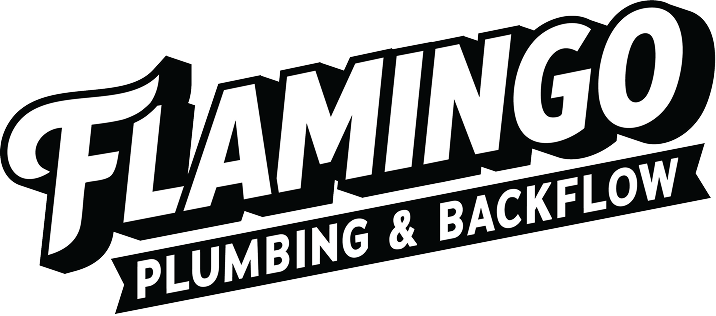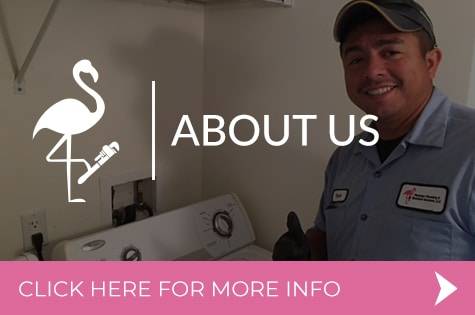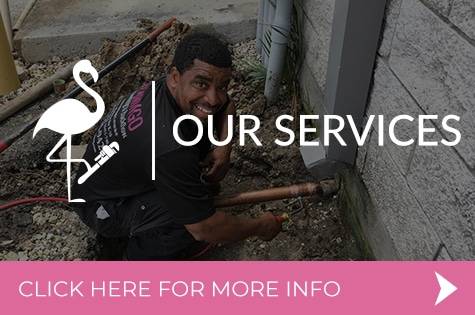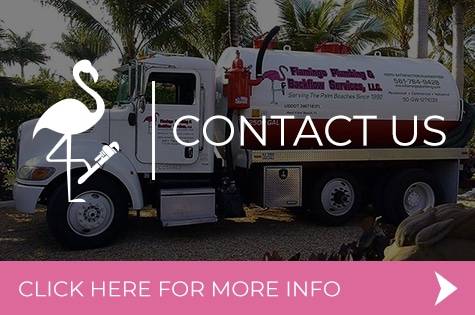Most of the time, you don’t think about your plumbing at all, at least not until a problem arises. A constantly dripping faucet, a clogged drain or toilet, low water pressure, or a jammed garbage disposal can send you quickly searching for trustworthy plumber to come to your aid. Keeping your plumbing maintained is essential to the care of your home overall. So, before a plumbing problem arises, the experts at Flamingo Plumbing offer these tips for maintaining your plumbing and even repairing minor problems in the event of an emergency and until the professionals arrive.
- Know Where the Shut-Off Valves Are Located – You need to know where the main water shut-off valve is located for your home. In some cases, it is outside the house. It is often near a water meter. In addition, everyone in the family should know where the shut-off valves for individual fixtures, like sinks and toilets, are located. If needed, mark them so they can be easily turned off if needed.
- Fix Leaks When They Are Small – Drip, drip, drip – everyone has heard it at one time or another and most people try to ignore it. Don’t, that steady dripping means wasted water (up to eight gallons from a leaky faucet) and thus added expenses. Rather than ignore the incessant leaking, have small leaks repaired promptly before they become larger, more costly issues.
- Get to Know Your Toilet – First of all, you cannot use your toilet as a trash disposal. In fact, you shouldn’t flush anything other than toilet paper. If you flush items not made to dissolve like tissues, paper towels, cotton balls, diapers, or even ‘flushable’ wipes, you may find yourself with an unpleasant clog. Second, a running toilet, like a leaky faucet means wasted water and additional unwanted expenses. Enter the flapper valve, the cause of the majority of toilet leaks and running toilets. Flappers wear out over time, and need to replaced. At times, the chain, if loose, may also cause issues. If you notice the chain is loose, tighten it or replace it as needed.
- Caring for Your Pipes – As with your toilet, your kitchen drain is not for discarding garbage (unless you have a garbage disposal installed). You shouldn’t dump food scraps, grease, coffee grounds, vegetable peels, rice, potatoes, and such down the kitchen drain as they will clog your pipes. If you have a garbage disposal, it is a good idea to read the manual so you know what your disposal can effectively handle.
- Clearing Clogs – To clear clogs in sinks, toilets, and drains, you’ll want a premium quality plunger. Plus, if you are cleaning sink traps, your plunger can help push water out before you remove the trap, making your efforts less difficult. While chemical drain openers may unclog drains, they are quite dangerous should your skin or other areas be exposed to them. If you chose to pour chemicals down the drain to clear your clog, wear gloves, safety glasses, and a long-sleeved shirt. Bonus Tip: If you know your clog was caused by a hard object (toy, comb, toothbrush, etc.) a wet-dry vacuum can often effectively pull the object out, unlike a plunger which may simply drive it deeper, making it more difficult to clear.
- Introducing Plumber’s Tape – Plumber’s tape, also know as Teflon Tape, seals pipe threads in order to prevent leaking around fittings and joints. If attempting a do-it-yourself repair, wrap plumber’s tape around pipe threads three times and seal. When the repair is complete, check for leaks. Note: Use white plumber’s tape for household plumbing projects.
Call on Flamingo Plumbing for Expert Assistance
Call on Flamingo Plumbing for all your plumbing needs. Our expert technicians are available 24/7/365 for repairs, upgrades, and plumbing emergencies. Counties that we service include: St. Lucie, Palm Beach, Martin County, Broward County, and Miami-Dade.





